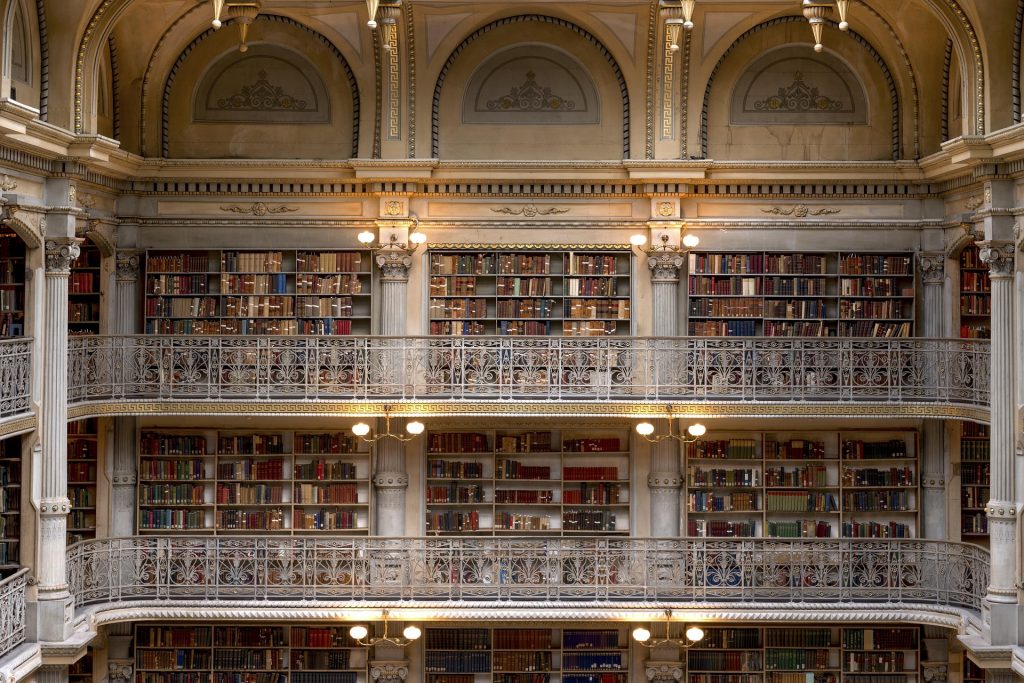
The word book derives from the Latin liber, which referred to the inner bark of trees, used in antiquity as a writing surface. Over time, liber came to designate the written object itself — the ancestor of the modern book.
A book, in its most common form, is a collection of printed or written pages, bound and protected by a cover. But reducing it to a physical object is limiting: a book is a container of stories, thoughts, emotions, and knowledge. It is a space where language takes shape and becomes a bridge — between writer and reader, between present and memory, between reality and imagination.
There are many kinds of books: some educate, others entertain, and some accompany us through difficult times. The history of the book is closely linked to the evolution of human culture — from oral transmission to writing on parchment, up to the invention of movable type printing in the 15th century, which made mass dissemination possible.
In contemporary times, the book has also taken digital forms: ebooks, audiobooks, online archives. Yet its essence remains unchanged: a book is always a relationship — between author and reader, between content and meaning, between who we were and who we may become.
In the healthcare field, books play a particular role thanks to the contribution of narrative medicine. Illness narratives — stories of illness — are accounts in which patients, caregivers, and health professionals describe the experience of illness, often breaking the silence that suffering imposes. These texts, which may take the form of diaries, letters, or autobiographies, restore the human dimension of care and help to understand the subjective experience beyond the clinical diagnosis. Arthur Frank spoke of the “wounded storyteller” to describe those who, by narrating their illness, give meaning to the experience and offer others a map to navigate pain.
In this sense, bibliotherapy also finds its place — a practice that uses reading, and sometimes writing, for therapeutic or personal growth purposes. Introduced into clinical and psychological contexts in the twentieth century, bibliotherapy is based on the idea that certain readings can help explore emotions, process experiences, and offer comfort or inspiration. Whether it is fiction, poetry, or autobiography, reading can activate deep inner processes, fostering understanding, empathy, and awareness.
A book is also an intimate object: it can be underlined, annotated, reread. Some books change lives; others offer quiet companionship. Every book is a promise — the promise of encountering something not yet known, and emerging — perhaps — a little changed.
